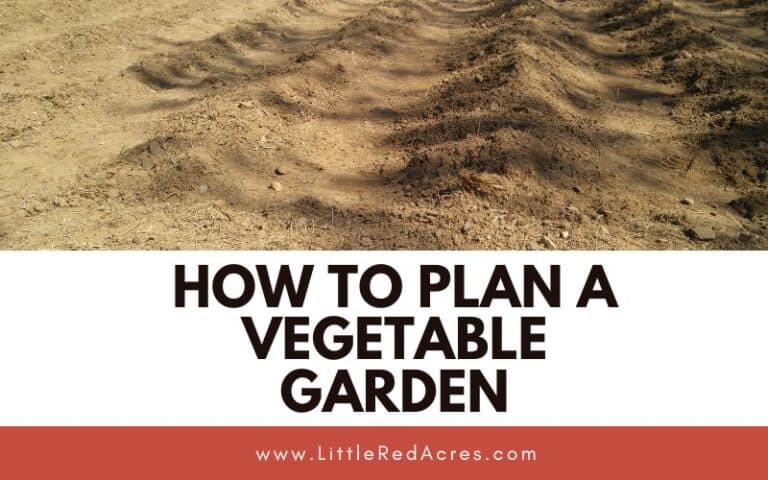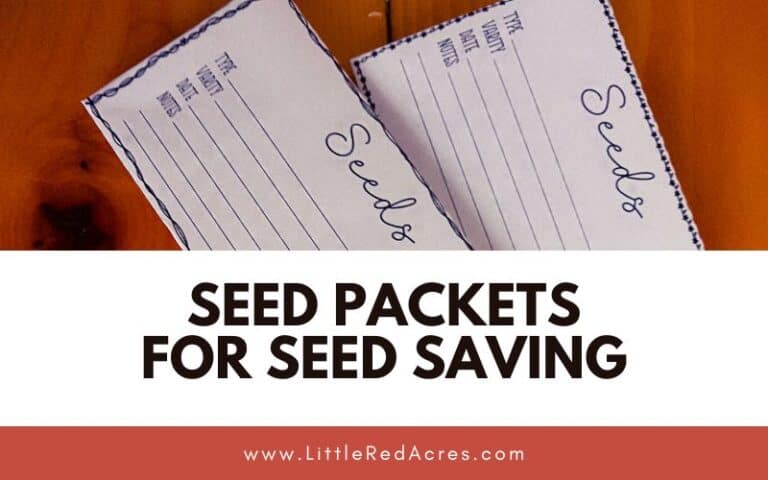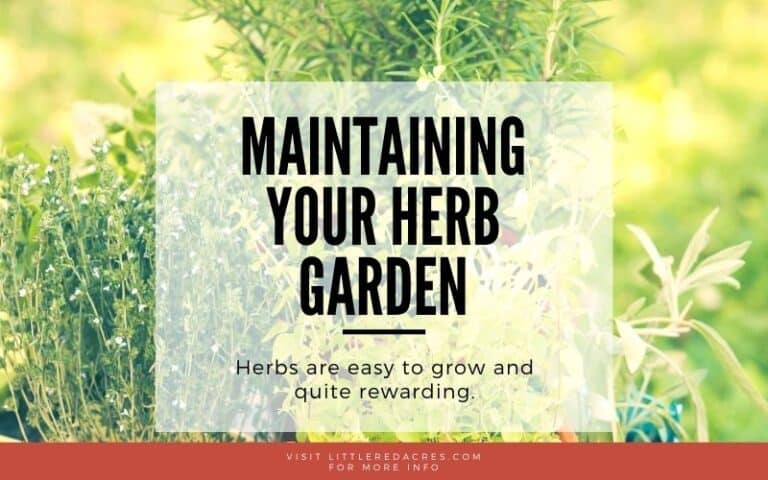How to Keep Herbs Alive Indoors During Winter
Inside: Learn how to keep herbs alive indoors during winter. From choosing the right herbs to proper care, enjoy fresh flavors year-round!
Winter's chill may bring the outdoor gardening season to a halt, but that doesn't mean you have to say goodbye to fresh herbs. With a little care and attention, you can keep your favorite herbs alive indoors throughout the colder months.
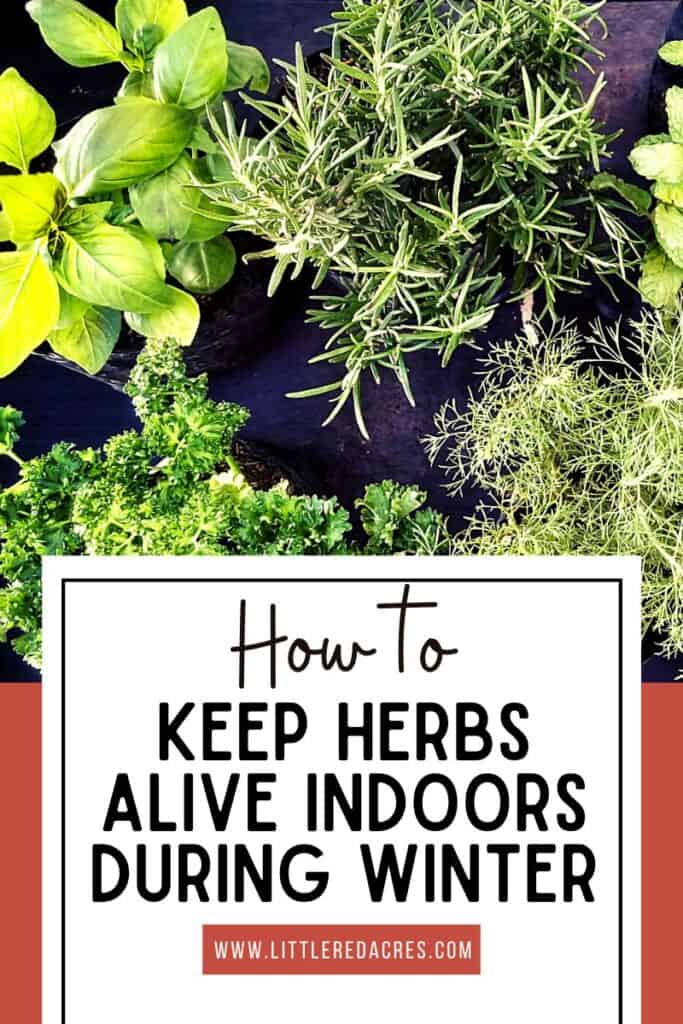
This post may contain affiliate links, see my disclosure policy for more information.
How to Keep Herbs Alive Indoors During Winter
Consider planting multiple pots of your favorite herbs so you can rotate them indoors and outdoors. This way, you can enjoy fresh herbs year-round, whether you're cooking up a winter stew or a summer salad.
I like to bring some of my herbs from the summer into the house for winter. Basil, thyme, and oregano in particular are favorites.
Get updates & freebies delivered to your inbox!
Choose the Right Herbs
Start by selecting herbs that are well-suited for indoor growing. Some of the best choices include rosemary, thyme, oregano, chives, mint, and parsley. These herbs adapt well to indoor conditions and require minimal space.
Find the Ideal Location
Herbs need plenty of sunlight, even in the winter. Locate a spot near a south or west-facing window where your herbs can receive at least 6 hours of indirect sunlight per day. If natural light is insufficient, consider using grow lights to supplement.
Use the Right Container
Plant your herbs in containers with good drainage to prevent overwatering. Terra-cotta pots are an excellent choice as they allow the soil to breathe. Make sure the containers have saucers to catch excess water.
Water Wisely
In the winter, indoor air tends to be drier, so it's crucial to monitor soil moisture closely. Water your herbs when the top inch of soil feels dry to the touch, but avoid letting them sit in water-filled saucers, which can lead to root rot.
There are automatic water drippers you can get to put into your plants too to help you with watering if you are anything like me and forget to water plants. I have been using these little birds for years and they are the only reason plants stay alive in my house.
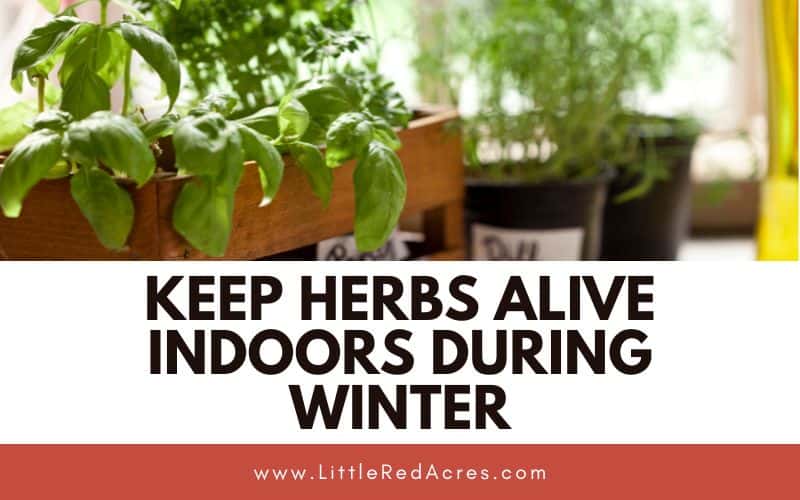
Pruning and Harvesting
Regularly prune your herbs to encourage bushier growth and prevent them from becoming leggy. Harvest leaves and stems as needed, but avoid removing more than one-third of the plant at a time.
Fertilize Sparingly
During the winter, herbs grow more slowly and require less fertilizer. Use a balanced, water-soluble fertilizer at half strength every 4-6 weeks to provide essential nutrients.
Pest Management
Keep an eye out for common indoor pests like aphids and spider mites. If you spot any, remove them by hand or treat your herbs with neem oil or insecticidal soap.
Q-tips are great for gently getting little leaves clean.
Protect from Drafts
Herbs are sensitive to cold drafts. Ensure that your indoor herb garden is not exposed to drafts from windows or doors, as these can cause stress and hinder growth.
With a little attention and the right care, you can enjoy fresh herbs throughout the winter season. Indoor herb gardening is not only rewarding but also adds a burst of flavor to your winter dishes.
Follow these tips, and your green thumb will ensure your indoor herb garden thrives despite the cold weather outside. So, don't let winter stop you from enjoying the taste of fresh herbs—keep them flourishing indoors all season long.
Frequently Asked Questions
How do I keep my herb garden alive inside? The key to keeping your herb garden alive inside is sunlight! South-facing windows are the best, but not absolutely necessary.
Can basil survive winter indoors? If you already have a favorite basil plant that produces lots of tasty leaves, there's no reason why you can't keep enjoying it indoors throughout the fall and winter.

Want More?
Ten Kitchen Herbs to Grow this Year


